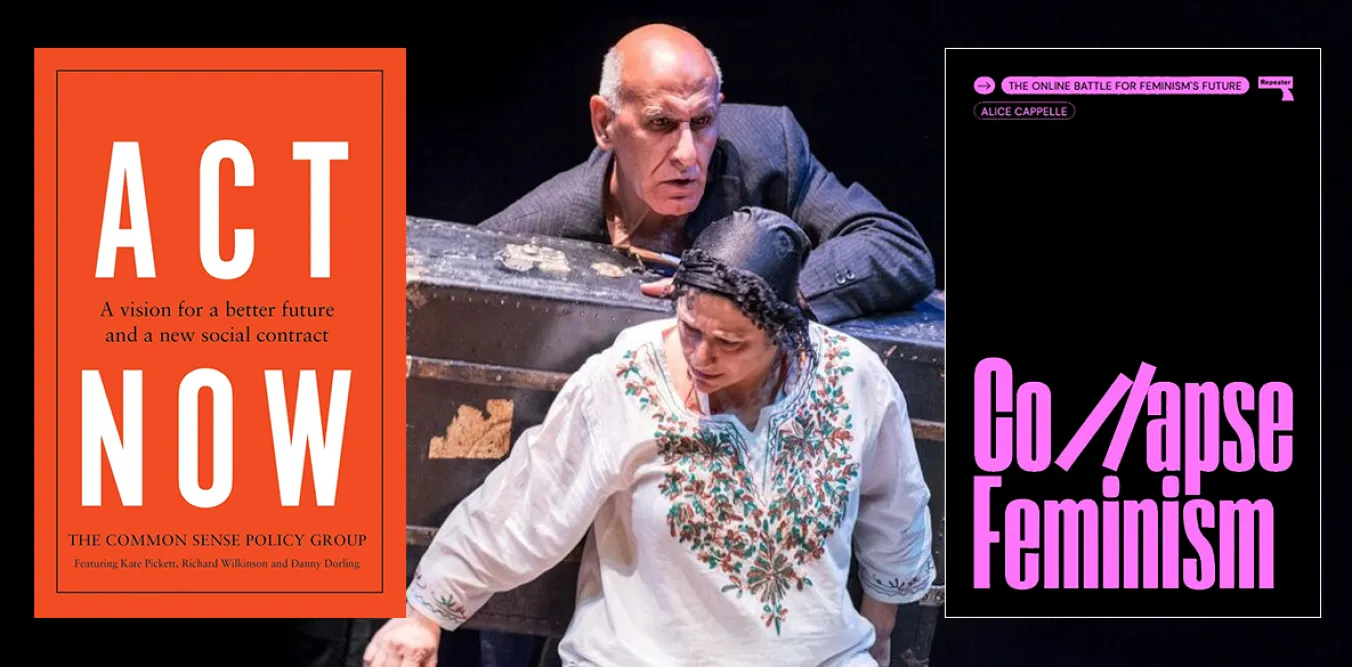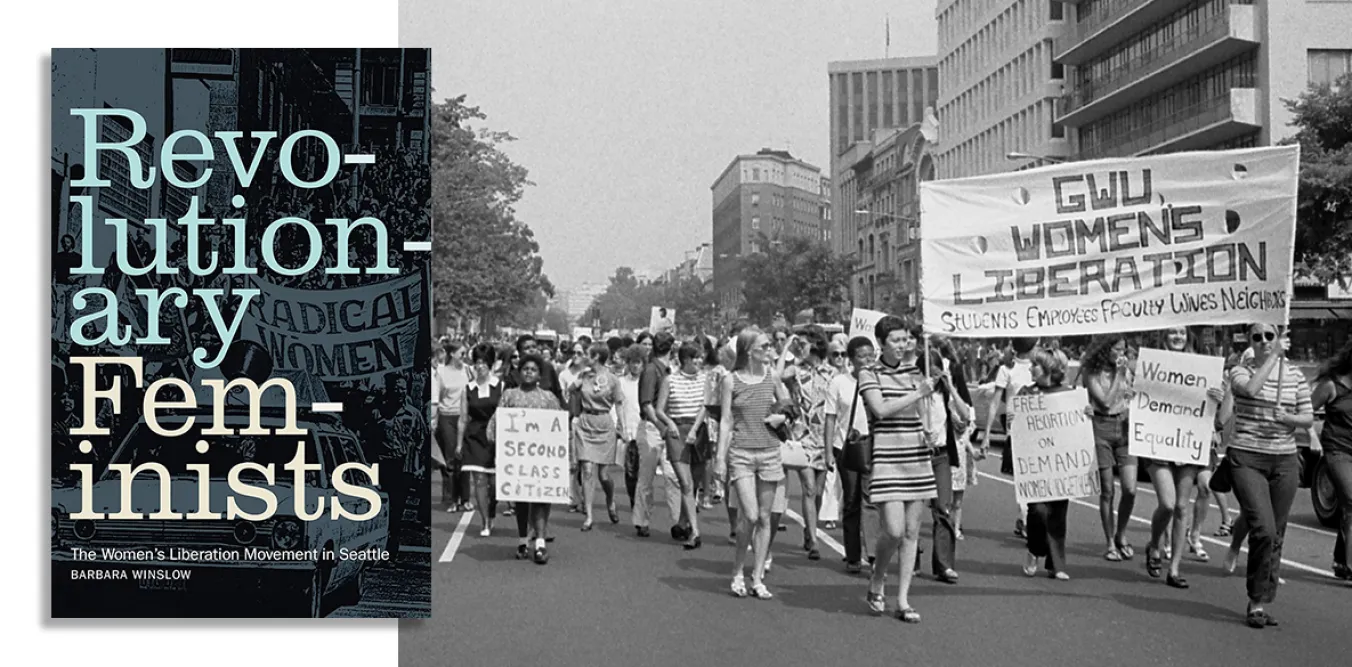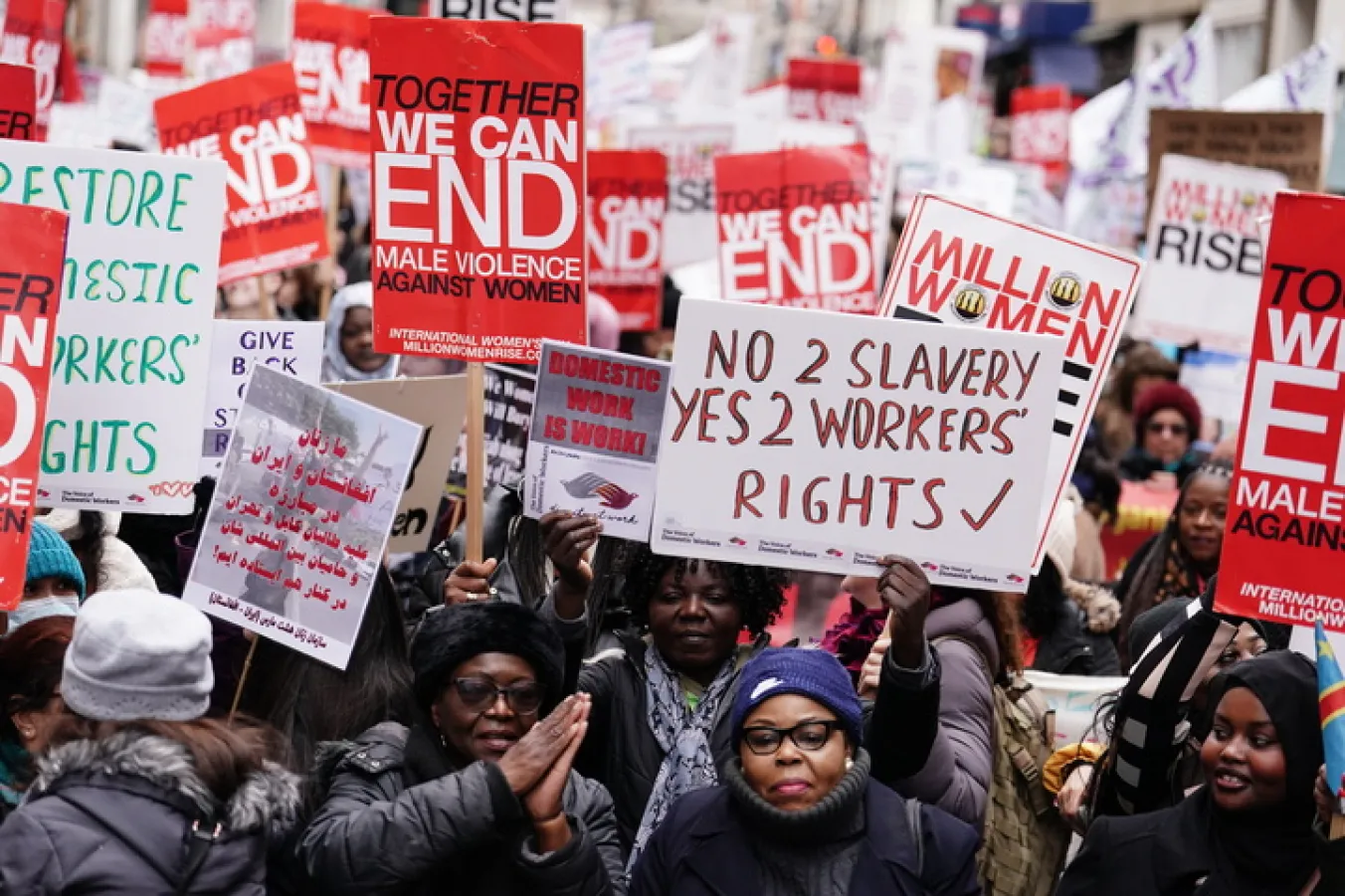
Collapse Feminism
Alice Cappelle
Repeater Books, £10.99
ALICE CAPPELLE is a French feminist known for her critical essays on YouTube such as, “Alternative Self Help is Brainwashing You” and “Capitalism and Ego Formation,” with views topping one million.
In this, her debut book, she exposes the growing prevalence of support for right-wing and anti-feminist ideas in our present society, and in particular the part that the internet plays in the current battle taking place regarding feminism’s future.
She covers everything from the shocking, reactionary politics of the “manosphere” to sexual liberation, traditional femininity, toxic masculinity, the girl boss, self help… thus demonstrating why it is utterly essential that we stand up and make alternative views heard, to construct a future that will liberate us all.
















